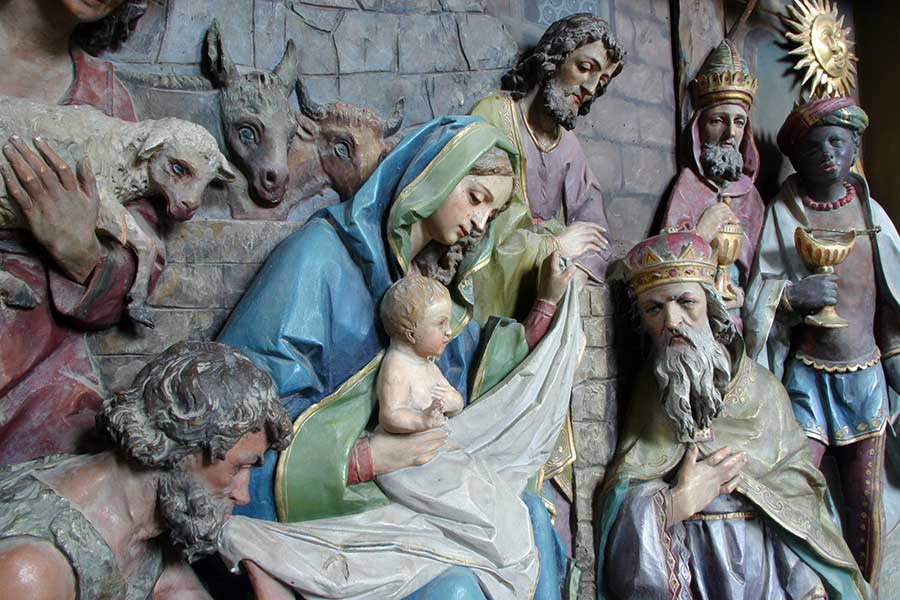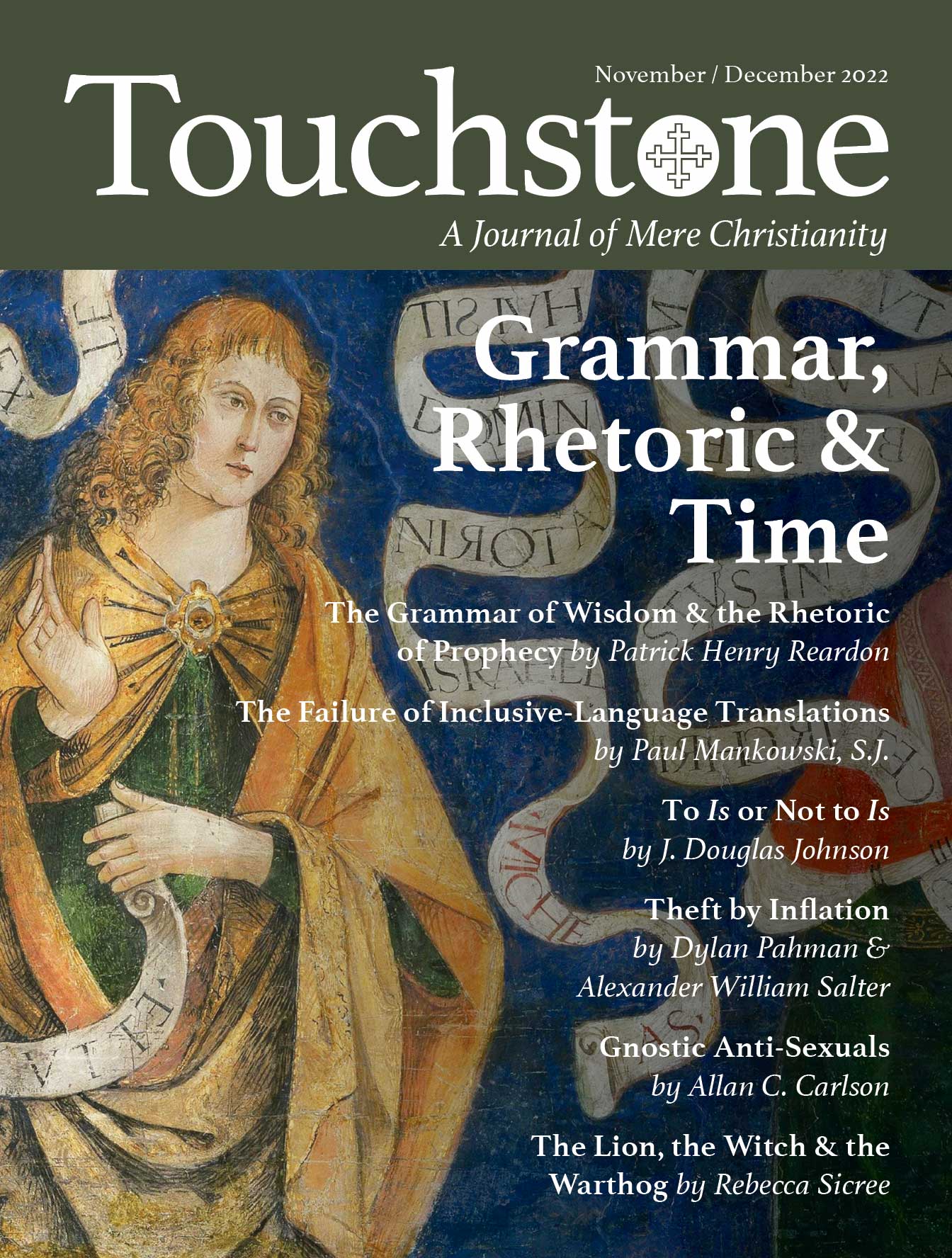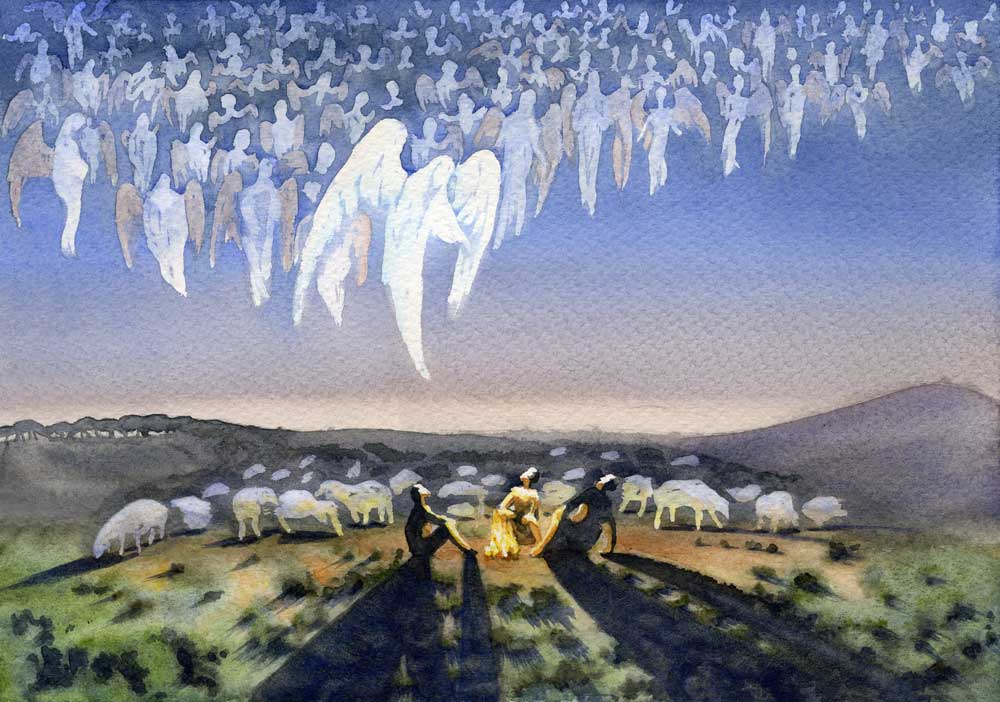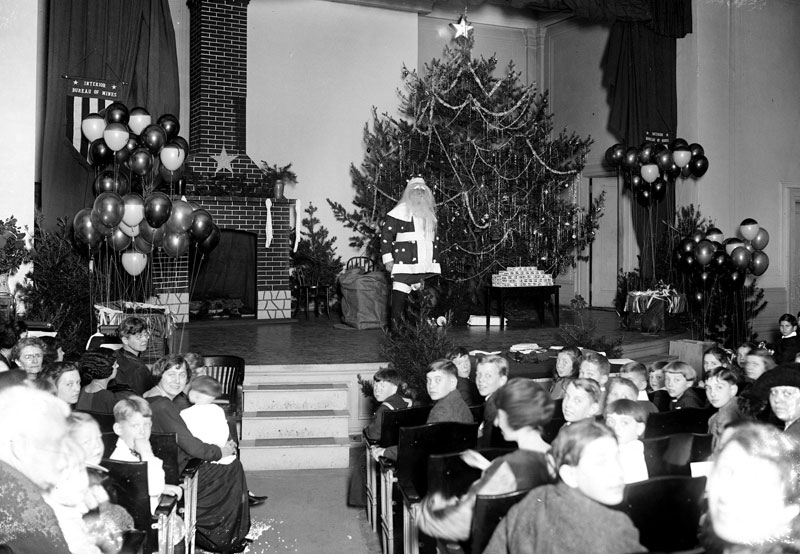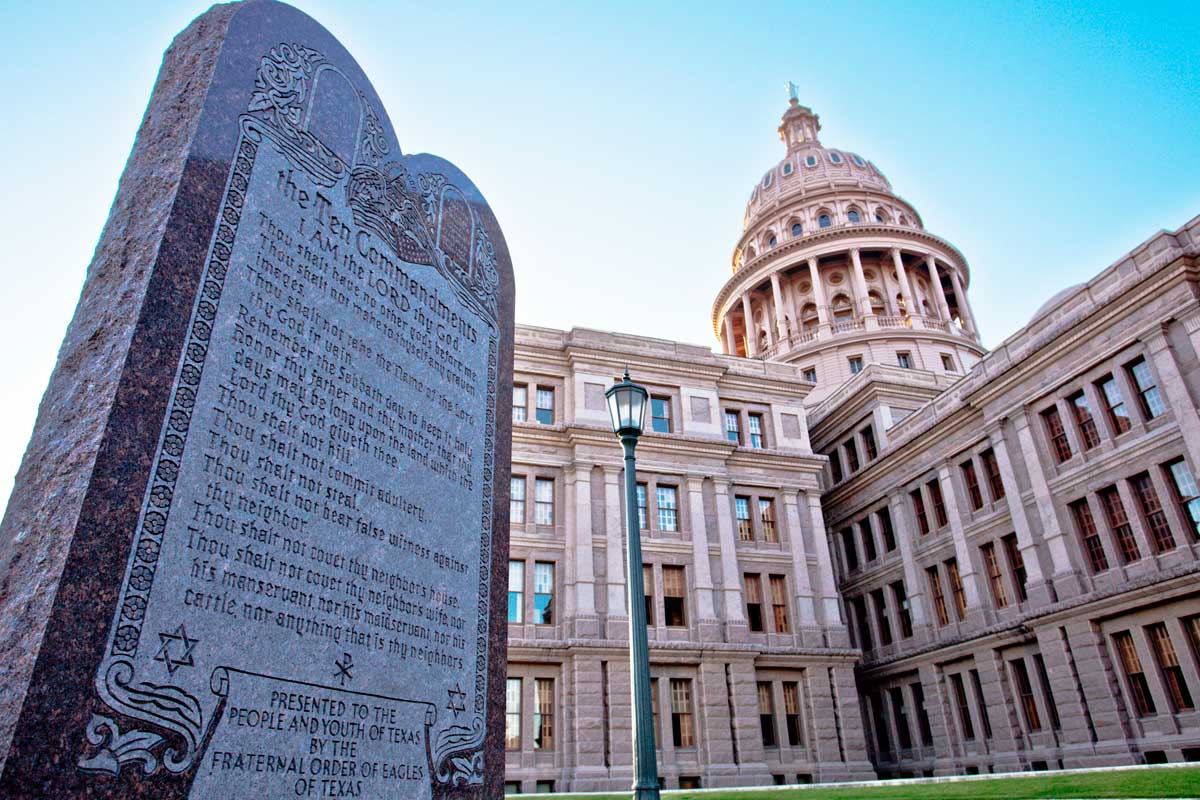The Prince’s Peace
on the Divine Promise Fulfilled by the Child of Bethlehem
One of the most commonly sung sacred verses was first heard on earth by the shepherds of Bethlehem on the first Christmas Eve: “Glory to God in the highest, and on earth peace, good will towards men.” We don’t know the melody they sang, but the shepherds passed along the words for posterity.
These angelic lyrics are woven into familiar Christmas carols: “Angels We Have Heard on High,” where the first half is repeated in Latin as the refrain, Gloria in excelsis Deo. We hearken to the “herald angels” who sing of “peace on earth and mercy mild,” while we listen to the bells on Christmas Day ring out, “Peace on earth, good will toward men.” “Silent Night” is bathed throughout in “heavenly peace.”
This angelic song from Luke’s Gospel is sung at the beginning of the Western liturgy as the opening words of the longer Gloria. In the Eastern churches, the same Gloria is sung at the end of matins.
Also, in both East and West in the daily hours of prayer, this Lucan verse is repeated three times, followed twice by, “Open thou my lips, and my mouth shall show forth thy praise,” as a prelude to praying the assigned psalms. Here we see a basic framework for Christian worship: it is hierarchical—glory to God in the highest—and descends to us men, created “a little lower than the angels” whom we join in singing this song. We acknowledge glory in the highest while calling down God’s governance upon our earthly lips.
We were first taught this hymn when our Savior was born in Bethlehem; two thousand years later, its familiarity has perhaps bred, not contempt, but inattention.
Opposed to War
What is the “peace on earth” that God announced to the shepherds, about which we’ve been singing ever since? Some may assume it is merely peace on the earth as opposed to war. After all, God does express interest in arresting the plague of war. We read in Psalm 46 this description of the Lord:
He makes wars cease to the ends of earth;
He breaks the bow and shatters the spear;
He burns the chariots with fire. (v. 9)
And Micah prophesied of the Lord: “And he shall judge among many people, and rebuke strong nations afar off; and they shall beat their swords into plowshares, and their spears into pruning-hooks: nation shall not lift up a sword against nation, neither shall they learn war any more” (4:3).
Isaiah prophesied the advent of everlasting peace: “For unto us a son is given: and the government shall be upon his shoulder: and his name shall be called Wonderful Counselor, the mighty God, the everlasting Father, the Prince of Peace. Of the increase of his government and peace there shall be no end” (9:6–7).
James M. Kushiner is the Director of Publications for The Fellowship of St. James and the former Executive Editor of Touchstone.
subscription options
Order
Print/Online Subscription

Get six issues (one year) of Touchstone PLUS full online access including pdf downloads for only $39.95. That's only $3.34 per month!
Order
Online Only
Subscription

Get a one-year full-access subscription to the Touchstone online archives for only $19.95. That's only $1.66 per month!
bulk subscriptions
Order Touchstone subscriptions in bulk and save $10 per sub! Each subscription includes 6 issues of Touchstone plus full online access to touchstonemag.com—including archives, videos, and pdf downloads of recent issues for only $29.95 each! Great for churches or study groups.
Transactions will be processed on a secure server.
more on Christmas from the online archives
more from the online archives
calling all readers
Please Donate
"There are magazines worth reading but few worth saving . . . Touchstone is just such a magazine."
—Alice von Hildebrand
"Here we do not concede one square millimeter of territory to falsehood, folly, contemporary sentimentality, or fashion. We speak the truth, and let God be our judge. . . . Touchstone is the one committedly Christian conservative journal."
—Anthony Esolen, Touchstone senior editor






